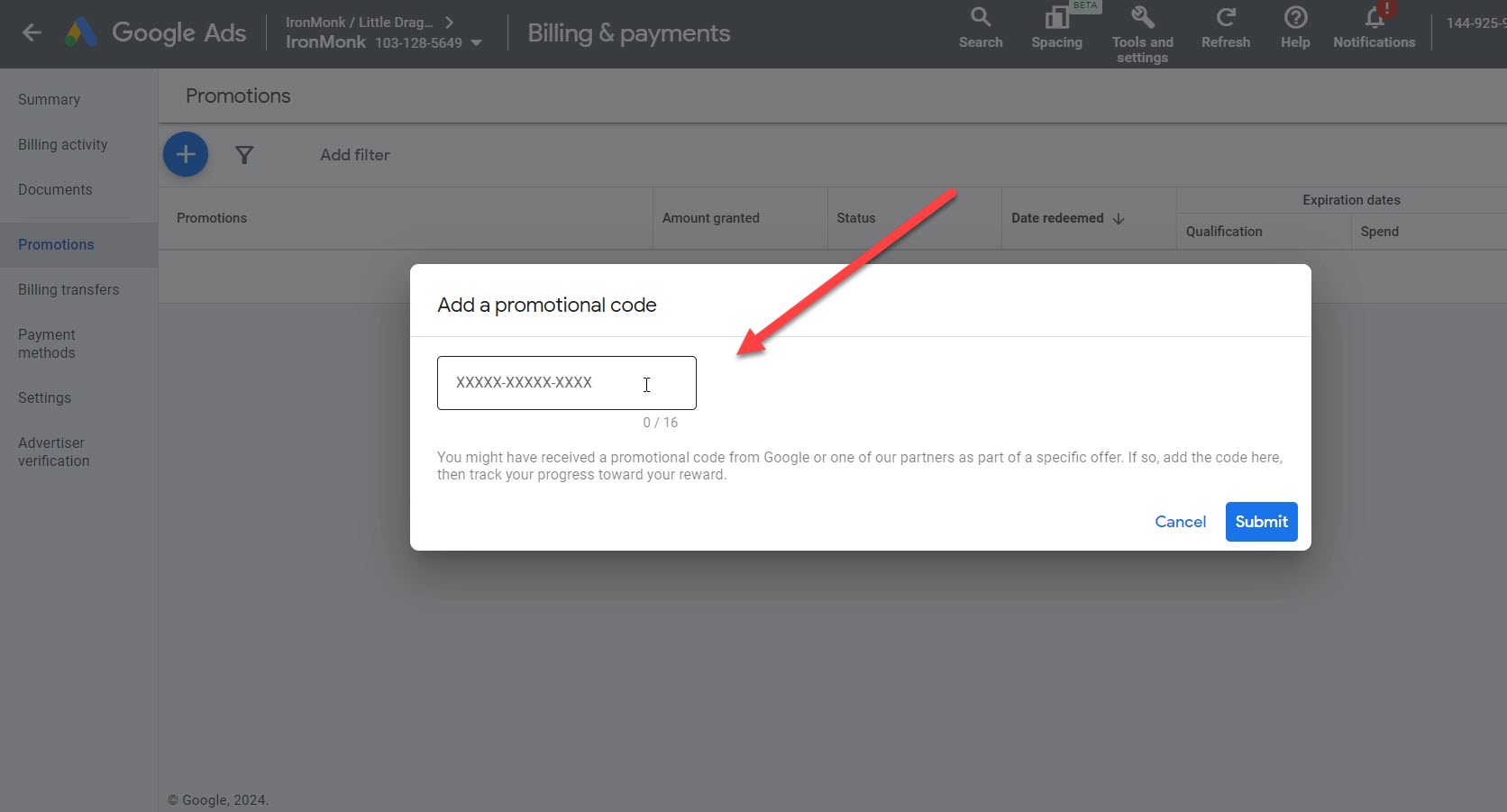GOOGLE ADS MANAGEMENT
ALL SERVICES- GRAPHIC DESIGN & BRANDING
➥ WEBSITE DESIGN TORONTO
➥ TORONTO LOGO DESIGN
➥ BROCHURE GRAPHIC DESIGN
➥ INFOGRAPHIC DESIGN
➥ BUSINESS CARD DESIGN
➥ PACKAGE DESIGN TORONTO
➥ ILLUSTRATION DESIGN
➥ ADVERTISING POSTER DESIGN
➥ BRANDING STRATEGY & SERVICES- ➤ VIEW ALL SERVICES
WEB DEVELOPMENT & SUPPORT
➥ CUSTOM WEB DESIGN TORONTO
➥ ECOMMERCE WEBSITE DESIGN TORONTO
➥ WEBSITE MAINTENANCE SERVICES
➥ SHOPIFY WEBSITE DESIGN
➥ SHOPIFY EXPERTS TORONTO
➥ WORDPRESS DEVELOPMENT
➥ WORDPRESS MAINTENANCE- ➤ VIEW ALL SERVICES
WEBSITE MARKETING & CONTENT
➥ SEO PACKAGES TORONTO
➥ TORONTO SOCIAL MEDIA AGENCY
➥ CONTENT MARKETING TORONTO
➥ PPC MANAGEMENT TORONTO
➥ AFFILIATE MARKETING CANADA
➥ STRATEGIC CONSULTATION- ➤ VIEW ALL SERVICES
ABOUT
RESOURCES- LET’S CHAT
Questions? Call us at
647-348-4995

GOOGLE ADS MANAGEMENT
ALL SERVICES- GRAPHIC DESIGN & BRANDING
➥ WEBSITE DESIGN TORONTO
➥ TORONTO LOGO DESIGN
➥ BROCHURE GRAPHIC DESIGN
➥ INFOGRAPHIC DESIGN
➥ BUSINESS CARD DESIGN
➥ PACKAGE DESIGN TORONTO
➥ ILLUSTRATION DESIGN
➥ ADVERTISING POSTER DESIGN
➥ BRANDING STRATEGY & SERVICES- ➤ VIEW ALL SERVICES
WEB DEVELOPMENT & SUPPORT
➥ CUSTOM WEB DESIGN TORONTO
➥ ECOMMERCE WEBSITE DESIGN TORONTO
➥ WEBSITE MAINTENANCE SERVICES
➥ SHOPIFY WEBSITE DESIGN
➥ SHOPIFY EXPERTS TORONTO
➥ WORDPRESS DEVELOPMENT
➥ WORDPRESS MAINTENANCE- ➤ VIEW ALL SERVICES
WEBSITE MARKETING & CONTENT
➥ SEO PACKAGES TORONTO
➥ TORONTO SOCIAL MEDIA AGENCY
➥ CONTENT MARKETING TORONTO
➥ PPC MANAGEMENT TORONTO
➥ AFFILIATE MARKETING CANADA
➥ STRATEGIC CONSULTATION- ➤ VIEW ALL SERVICES
ABOUT
RESOURCES- LET’S CHAT
Questions? Call us at
647-348-4995

GOOGLE ADS MANAGEMENT
ALL SERVICES- GRAPHIC DESIGN & BRANDING
➥ WEBSITE DESIGN TORONTO
➥ TORONTO LOGO DESIGN
➥ BROCHURE GRAPHIC DESIGN
➥ INFOGRAPHIC DESIGN
➥ BUSINESS CARD DESIGN
➥ PACKAGE DESIGN TORONTO
➥ ILLUSTRATION DESIGN
➥ ADVERTISING POSTER DESIGN
➥ BRANDING STRATEGY & SERVICES- ➤ VIEW ALL SERVICES
WEB DEVELOPMENT & SUPPORT
➥ CUSTOM WEB DESIGN TORONTO
➥ ECOMMERCE WEBSITE DESIGN TORONTO
➥ WEBSITE MAINTENANCE SERVICES
➥ SHOPIFY WEBSITE DESIGN
➥ SHOPIFY EXPERTS TORONTO
➥ WORDPRESS DEVELOPMENT
➥ WORDPRESS MAINTENANCE- ➤ VIEW ALL SERVICES
WEBSITE MARKETING & CONTENT
➥ SEO PACKAGES TORONTO
➥ TORONTO SOCIAL MEDIA AGENCY
➥ CONTENT MARKETING TORONTO
➥ PPC MANAGEMENT TORONTO
➥ AFFILIATE MARKETING CANADA
➥ STRATEGIC CONSULTATION- ➤ VIEW ALL SERVICES
ABOUT
RESOURCES- LET’S CHAT
Questions? Call us at
647-348-4995

GOOGLE ADS MANAGEMENT
ALL SERVICES- GRAPHIC DESIGN & BRANDING
➥ WEBSITE DESIGN TORONTO
➥ TORONTO LOGO DESIGN
➥ BROCHURE GRAPHIC DESIGN
➥ INFOGRAPHIC DESIGN
➥ BUSINESS CARD DESIGN
➥ PACKAGE DESIGN TORONTO
➥ ILLUSTRATION DESIGN
➥ ADVERTISING POSTER DESIGN
➥ BRANDING STRATEGY & SERVICES- ➤ VIEW ALL SERVICES
WEB DEVELOPMENT & SUPPORT
➥ CUSTOM WEB DESIGN TORONTO
➥ ECOMMERCE WEBSITE DESIGN TORONTO
➥ WEBSITE MAINTENANCE SERVICES
➥ SHOPIFY WEBSITE DESIGN
➥ SHOPIFY EXPERTS TORONTO
➥ WORDPRESS DEVELOPMENT
➥ WORDPRESS MAINTENANCE- ➤ VIEW ALL SERVICES
WEBSITE MARKETING & CONTENT
➥ SEO PACKAGES TORONTO
➥ TORONTO SOCIAL MEDIA AGENCY
➥ CONTENT MARKETING TORONTO
➥ PPC MANAGEMENT TORONTO
➥ AFFILIATE MARKETING CANADA
➥ STRATEGIC CONSULTATION- ➤ VIEW ALL SERVICES
ABOUT
RESOURCES- LET’S CHAT
Questions? Call us at
647-348-4995
![]()
![]()
![]()

- June 27, 2018
-
Seph Walter
Every second 40, 000 search queries are made on Google and every day there are people looking for information about local businesses, products, and services. The search engine consumer behaviour stats below curated by Google offer useful insights on how you can wield both user and consumer behaviour to your advantage; helping you drive more local leads and in-store sales.
Let’s get started.
Behaviour
Every customer is different. Some consumers use their smartphones to search for everything while others choose the contrary. Let’s take a closer look at what the stats show:
– 4 in 5 consumers use search engines to search and find local information.
– 88% smartphone users search for local information.
– 84% tablet/computer users search for local information.
– 54% of consumers search for business hours.
– 53% of consumers search for local directions to a local store.
– 50% of consumers search for the local store address.
How can you leverage these search engine insights to your advantage?
– Be sure to add your local address along with a map across landing pages and digital marketing materials. It may sound like an obvious tip but you’d be surprised at how many businesses fail to do so. This will improve overall user experience and help your customers on digital devices get to your business as soon as possible without having to navigate to another page.
Location
Mobile devices empower us with a global bank of knowledge on-demand, and, it only makes sense to discover that search engine consumers conduct search queries from a wide range of places. Here are the most popular:
Home
– 53% smartphone users look for local information at home.
– 76% computer/tablet users look for local information at home.
On The Go
– 51% smartphone users look for local information on the go.
– 16% computer/tablet users look for local information on the go.
In-Store
– 41% smartphone users look for local information while shopping in-store.
– 15% computer/tablet users look for local information while shopping in-store.
Work
– 33% smartphone users look for local information while at work.
– 24% computer/tablet users look for local information while at work.
Restaurant/Bar
– 33% smartphone users look for local information at a restaurant or bar.
– 24% computer/tablet users look for local information at a restaurant or bar.
How can you leverage these search engine insights to your advantage?
– Make sure you tailor your ad copywriting for each search location. Put yourself in the shoes of your consumers and brainstorm queries for user intent. This will help capture contextual user intent which will help you drive more organic local traffic.
% Of Customers And In-Store Visits
If you’re looking to drive more local customers to your store, search engines are a good place to start. Here are the numbers highlighting customers who visit stores after making a search:
– 50% smartphone users visit a store after making a local search.
– 34% computer/tablet users visit a store after making a local search.
– 18% of local customers who make a smartphone search make an in-store purchase within 24 hours.
How can you leverage these search engine insights to your advantage?
– If you want to reach the % of consumers who make in-store purchases after making a local search, use radius bidding to your advantage. This will help you target prospects within a radius distance from your store. You’ll also want to build an attribution model for local searches to help you fine-tune your local generation and local SEO.
Personalization
Personalization and customization are huge right now in marketing. Why? Well because personalization equals relevance. Nobody wants to sell snow to an Eskimo, right?
– 4 out of 5 consumers want custom ads based on their city, zip code or immediate environment.
How can you leverage these search engine insights to your advantage?
– People don’t mind advertisements, just as long as they are relevant to their wants and needs. Be sure to use location bid adjustments on Google which helps you fine-tune bids for specific areas, like cities or zip codes.
Summary
When it comes to lead generation, more is always more. The search engine consumer stats above share useful insights on how your customers use search engines to find your products and services. Be sure to tailor your marketing message for each “marketing waterhole” and fish out as many of your local customers as you can. Until next post!
If you have any questions about how to set up a search engine marketing strategy or if you need help improving your existing campaign, feel free to connect with one of our search engine experts today for free here or call us at 647-348-4995.
Seph is a HubSpot and Google certified Digital Marketing Director and Web Designer with over 6+ years experience developing digital strategies for startups and marketing agencies.
RECENT POSTS

Ready to chat about how Little Dragon Media can enhance your business?
Call us now at 647-348-4995 or

OUR AWARDS & CERTIFICATIONS

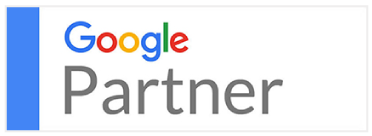


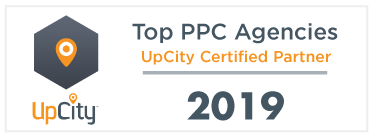

WHAT OUR CLIENTS ARE SAYING

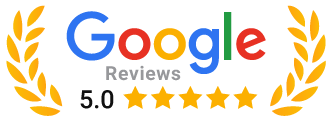

Little Dragon Media's professionalism and commitment to delivering excellence are truly commendable. I highly recommend their services... Thank you for your stellar work!
- Delna Bharucha

Little Dragon Media worked on developing our logo and website. They did an absolutely AMAZING job on both projects. These guys ROCK and you won't be disappointed.
- Sonia Nutt

My team had a great experience working with Little Dragon Media. We will certainly engage with Little Dragon Media for any additional projects in the future. Highly recommend!
- Carly Rooney



- 682A St-Clair West Toronto, ON M6C 1B1
- (647)-348-4995
- info@littledragon.ca
MOST POPULAR SERVICES
RECENT POSTS
GET MORE CLIENTS
Don't let your competitors take over. We'll help you climb to the top and get more clients.
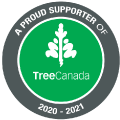


- 682A St-Clair West Toronto, ON M6C1B1
- (647)-348-4995
- info@littledragon.ca
MOST POPULAR SERVICES
RECENT POSTS
GET MORE CLIENTS
Don't let your competitors take over. We'll help you climb to the top and get more clients.

Contact | Press Mentions | Privacy Policy | Terms of Service
© 2024 Little Dragon Media. All Rights Reserved.




